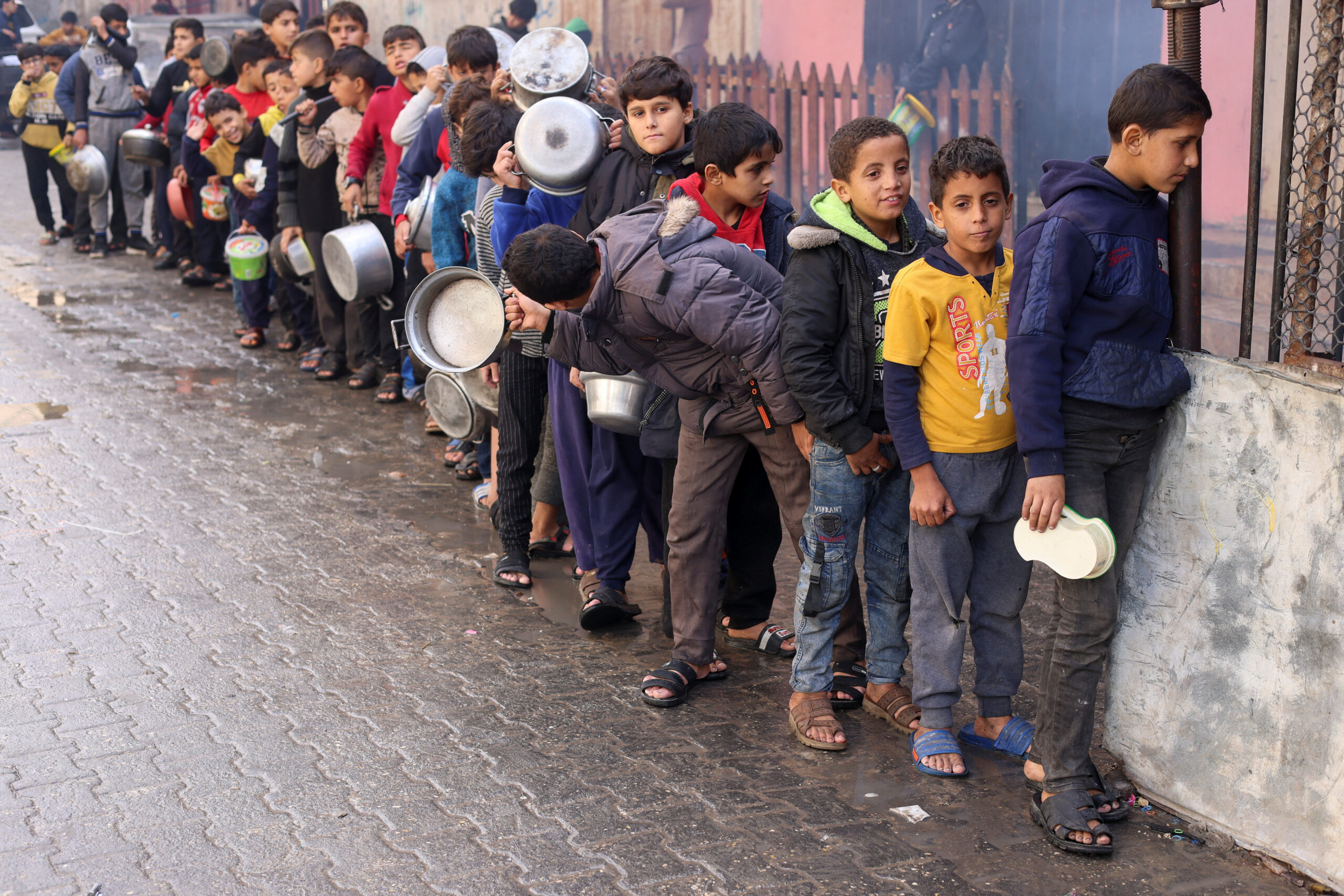The UN Relief and Works Agency for Palestine Refugees (UNRWA) has sounded the alarm over a dire humanitarian situation in the besieged Gaza Strip, where insufficient aid is reaching the population. With Israeli restrictions impeding the entry of essential aid trucks, 40 percent of Gaza’s inhabitants are now deemed “at risk of famine,” according to UNRWA.
The agency has reiterated its concerns about “catastrophic hunger” in the enclave, stressing the urgent need for a humanitarian ceasefire as Israeli airstrikes persist for over 83 consecutive days. Thomas White, the director of UNRWA affairs in Gaza, highlighted the daily struggle for survival, emphasizing the critical shortages of food and water.
“Every day is a struggle for survival, finding food and finding water,” White stated, underscoring the desperate need for increased aid. The UNRWA emphasized that a humanitarian ceasefire remains the only viable hope for alleviating the suffering in Gaza.
Despite a recent United Nations Security Council resolution addressing aid for Gaza, aid groups and rights advocates criticized it as “woefully insufficient” and “nearly meaningless” after days of delays. The latest warning from the UN agency comes amid continued intense bombardment by Israeli forces, worsening the already severe humanitarian crisis in the region.
The southern city of Khan Younis has witnessed the heaviest air and artillery attacks, with reports from the Health Ministry in Gaza, indicating over 200 deaths, including entire families, in the past 24 hours. More than 80 percent of Gaza’s 2.4 million people have been displaced from their homes, seeking refuge in cramped shelters or makeshift tents, particularly in the far south around the city of Rafah near the Egyptian border.
As the situation in Gaza reaches a critical juncture, the international community faces mounting pressure to address the escalating crisis and work towards a sustainable resolution to alleviate the suffering of the Palestinian population.



